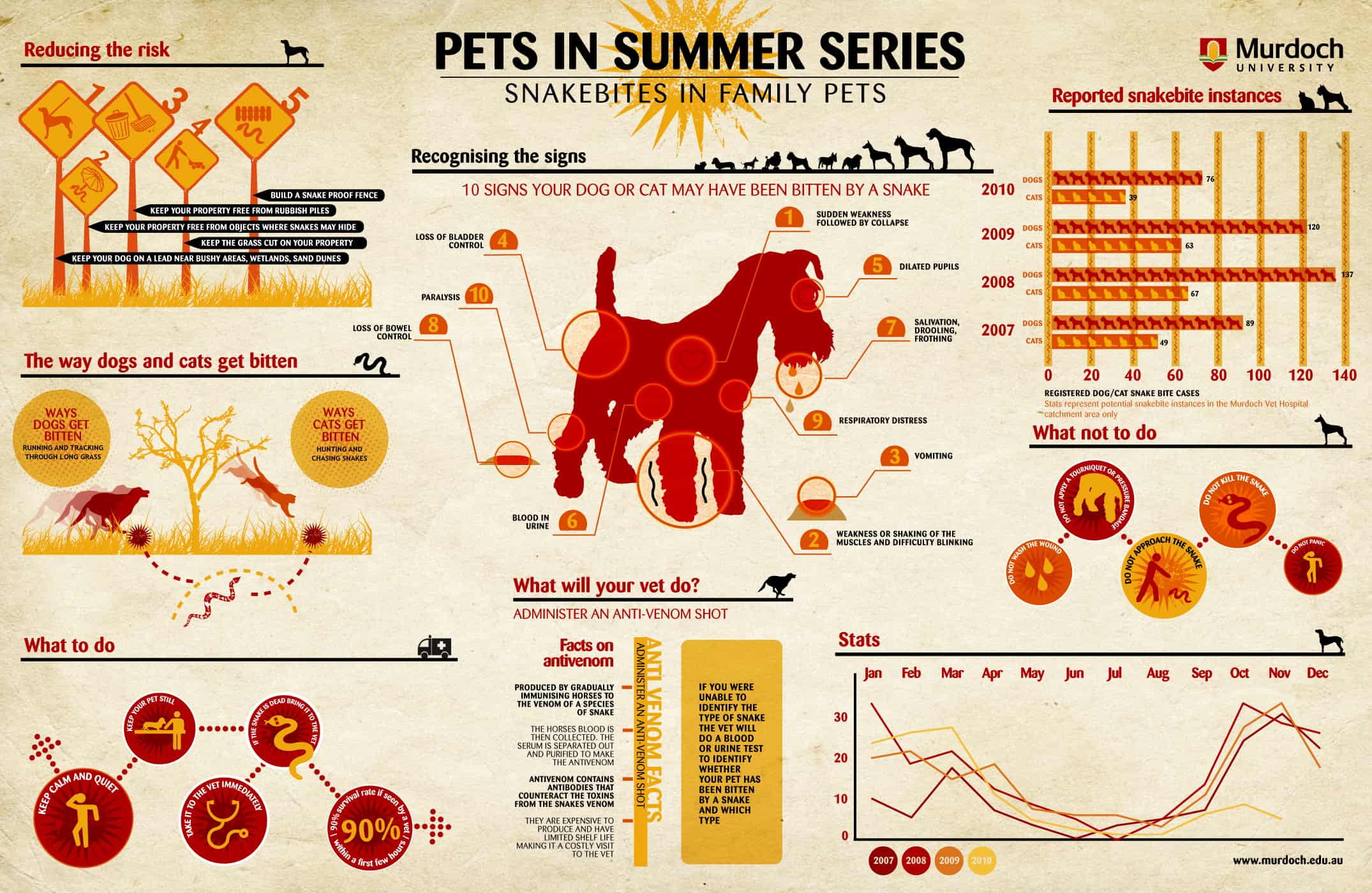What Makes A Great Dog Daycare
What Makes A Great Dog Daycare
Blog Article
What Vaccinations Are Needed For Pet Childcare?
Whether your dogs spend time at daycare or boarding facilities, they require to be current on every one of their called for inoculations. Core injections consist of Bordetella, rabies and DA2PP, which guard against typical diseases that dogs are exposed to when in close contact with others.
Non-core injections include canine influenza and leptospirosis shots. These are advised for puppies that mingle with various other pet dogs frequently.
Core Vaccines
As a crucial part of precautionary care, dog vaccinations assist keep canines safe from transmittable conditions transferred with direct call or polluted surfaces. Vaccinations promote the immune system to develop antibodies that battle disease, and the majority of veterinarians think about core dog vaccinations to be necessary for all animals.
Rabies
Most reputable dog childcare facilities require that your pet dog depend on date on their rabies inoculation. Vaccinations are carried out to young puppies as early as 12-16 weeks old, and boosters are required every three years or two until the adult years. Rabies is a fatal viral condition that spreads with saliva, generally from attacks. Many states call for rabies vaccinations for all pet dogs and cats, and some also mandate rabies boosters for animal proprietors.
Distemper/Parvovirus/Adenovirus (DHPP).
This combination vaccination covers canine distemper, parvovirus, hepatitis, and adenovirus, every one of which are highly transmittable. Many vet offices use DHPP vaccines dog boarding near me within 5 mi as one shot or in a series of 2 to four shots, provided 2-4 weeks apart, followed by an annual booster. This vaccination is a requirement for the majority of boarding and doggy childcare facilities, along with numerous groomers.
Bordetella/Canine Parainfluenza Vaccination.
Bordetella bronchiseptica, commonly referred to as kennel cough, is an extremely transmittable breathing infection caused by the germs that causes the illness. Symptoms consist of consistent coughing, sneezing, nasal discharge, and high temperature. Many kennel coughing outbreaks happen in jampacked environments, such as childcare or boarding centers, and are especially typical in warmer climate. This vaccine is a requirement for a lot of childcare and boarding facilities, and is typically supplied in a combination with the DHPP injection.
Leptospirosis Vaccination.
This is a microbial disease that spreads with infected water, soil, and urine. Infection can create kidney and liver damage, as well as death, and is transmissible to human beings. Many veterinarians will certainly recommend this injection, based upon geographic location and way of life of the pet, for pets that hang around outdoors or at boarding centers, as well as some groomers. This injection is usually provided as a collection of 2 to 4 shots, spaced 2-4 weeks apart, with a yearly booster required for many family pets.
Lyme Disease Injection.
One of the most usual tick-borne illness in the USA, Lyme condition is transmitted by the deer tick and can result in high temperature, joint pain, muscle mass discomfort, and anorexia nervosa. The Lyme condition vaccination shields versus the most common strains of the virus, consisting of the H3N8 and H3N2 stress. Many veterinary clinics advise this injection, particularly in risky locations, such as the Northeast, top Midwest, Mid-Atlantic, and along the Pacific coast.
Noncore Vaccines.
Other pet vaccinations, while not needed for all family pets, are suggested based on the pet's way of living and geographical place. These include the following:.